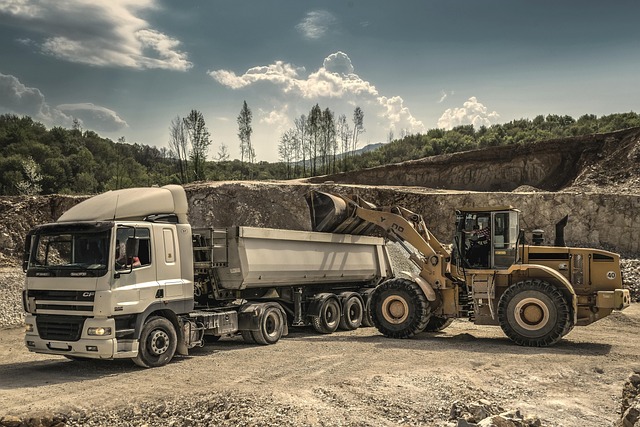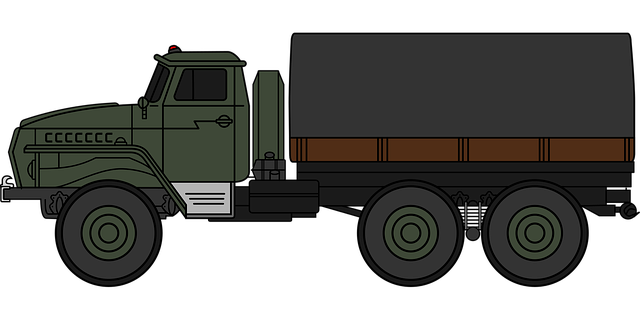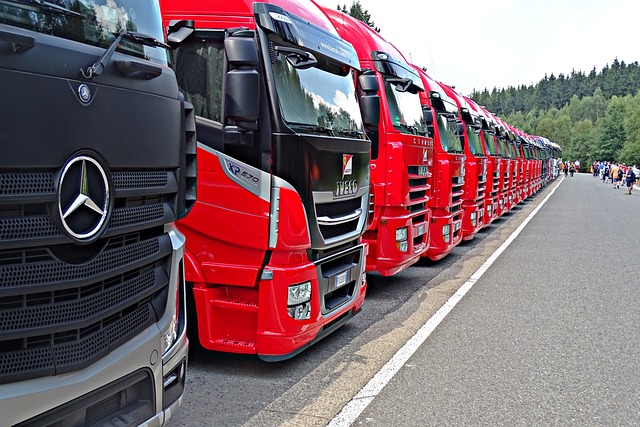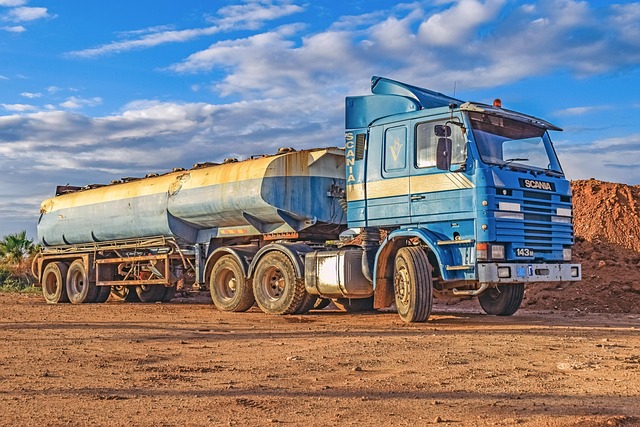Understanding and selecting the right rental truck liability coverage is vital to protect against financial burdens from accidents, damage, or injury. Policies vary among companies, covering anything from collision and theft to vandalism, environmental damage, and loss-of-use expenses. By reviewing rental agreements carefully and comparing policy details, renters can ensure they're shielded from unexpected liabilities, providing peace of mind while operating rental trucks.
Protecting your rental truck from accidents and damage is crucial, especially if you’re a frequent renter. This guide explores essential aspects of rental truck liability coverage, helping you navigate potential risks and choose the right insurance policy. We delve into common damages and accidental incidents, highlighting how understanding your liability can save you from significant financial burdens. Learn about the benefits and considerations for renters to ensure peace of mind on the road.
- Understanding Rental Truck Liability Coverage
- Types of Damages and Accidental Incidents
- How to Choose the Right Insurance Policy
- Benefits and Considerations for Renters
Understanding Rental Truck Liability Coverage

When renting a truck, it’s crucial to understand the extent of your rental agreement’s liability coverage. This aspect is often overlooked but can significantly impact your financial burden in case of an accident or damage. Rental truck liability coverage typically includes compensation for any third-party damages or injuries resulting from a crash during your rental period. It acts as a shield, protecting you from potential legal liabilities and substantial out-of-pocket expenses.
The specifics of this coverage can vary between rental companies and different policy plans. Some policies may offer comprehensive protection, while others might have deductibles or limitations. It’s essential to read the rental agreement carefully, paying close attention to the liability section. Understanding what is covered and what isn’t will enable you to make informed decisions, ensuring peace of mind while driving a rented truck.
Types of Damages and Accidental Incidents

In the context of rental trucks, damages and accidental incidents can arise from various sources, each carrying its own financial and legal implications. Common types of damage include collision with other vehicles or fixed objects, such as buildings or traffic signs, leading to significant vehicle repairs or total loss. Additionally, rental trucks are susceptible to interior and exterior vandalism, including dents, scratches, and even theft of equipment or personal belongings. Other incidents may involve accidental environmental damage, like fuel spills or cargo spills that require cleanup and decontamination services.
Understanding these potential risks is crucial when considering rental truck liability coverage. Rental companies often offer various insurance options designed to protect against these damages. These coverages can range from basic liability plans that address collision and theft to more comprehensive packages that include vandalism protection, environmental damage liability, and even loss-of-use expenses for extended periods of downtime. Ensuring adequate rental truck liability coverage is essential for both the rental company and the customer to mitigate financial losses and legal liabilities stemming from accidental incidents during the rental period.
How to Choose the Right Insurance Policy

When selecting an insurance policy for your rental trucks, understanding your needs is paramount. Rental truck liability coverage should be a top priority to protect against potential accidents and associated damages. This type of coverage shields you from financial burden in case of harm caused to others or their property during the rental period.
Consider factors like the value of the vehicle, intended use, and locations where it will operate when choosing your policy. Evaluate different options offered by insurance providers, comparing liability limits, deductibles, and specific exclusions. Opting for a comprehensive policy that aligns with your business requirements ensures you’re prepared for unforeseen circumstances, safeguarding your assets and mitigating financial risks associated with rental truck operations.
Benefits and Considerations for Renters

Renters looking to protect themselves from potential accidents and damage when renting a truck should consider several key benefits and factors. One of the primary advantages is rental truck liability coverage, which can shield individuals from financial burden in case of an accident causing property damage or personal injury to others. This type of coverage is especially valuable for those who are unfamiliar with operating large vehicles, as it provides a safety net against unforeseen circumstances.
Additionally, understanding the specific policies and limitations of the rental agreement is crucial. Renters should inquire about deductibles, exclusions, and any additional insurance options available. Opting for comprehensive insurance can offer broader protection, covering not just liability but also damage to the rented truck and third-party property. This proactive approach ensures peace of mind while navigating the road ahead.
When renting a truck, understanding your liability protection is key. By reviewing different insurance policies and their specific coverage, renters can ensure they are shielded from potential damages and incidents. Rental truck liability coverage plays a crucial role in safeguarding personal property and offering peace of mind. With the right policy in place, individuals can focus on their move or business needs without the added stress of unexpected financial burdens.
